
CLIMAAX Success Stories, a new video series
A newly launched video series delves into the first results of regions across Europe that are implementing the CLIMAAX framework with the support of the project’s expertise.

A newly launched video series delves into the first results of regions across Europe that are implementing the CLIMAAX framework with the support of the project’s expertise.
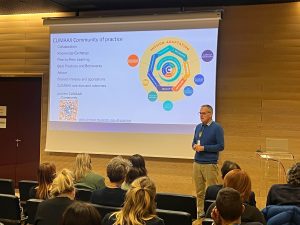
The CLIMAAX Community of Practice, a cornerstone for collaboration throughout the project, has evolved from the initial engagement and is now consolidating its results.
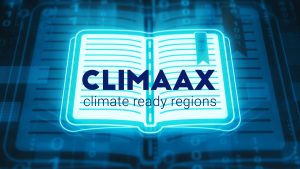
The Handbook Forum and the Workflow Applications Catalogue are open to everyone, regardless of their involvement in the CLIMAAX project. Feel free to share this information within your networks!
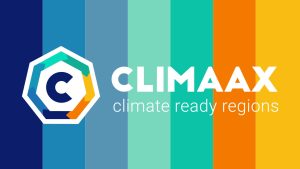
With just over a year remaining, it’s the perfect time to look back at what has been achieved and ahead to what lies ahead. Project Coordinator Frederiek Sperna Weiland shares her reflections on the CLIMAAX journey.

The workflow uses a publicly available HCII dataset to assess how climate change may alter river discharges across Europe, based on simulations from a continental hydrological model.
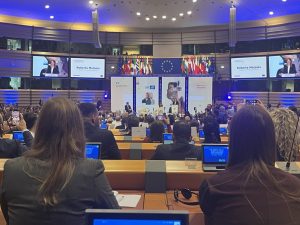
At the 23rd European Week of Regions and Cities, CLIMAAX joined EU institutions, regions, and sister projects to advance dialogue on climate resilience, showcasing its work on data-driven adaptation for rural and coastal territories.
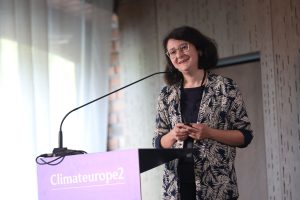
Dana Stuparu and Teodora Subotić shared insights on local climate adaptation and showcased CLIMAAX’s contributions to building resilience in Eastern Europe.
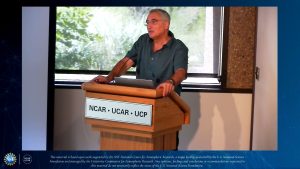
Daniel Sempere-Torres showcased how local communities are turning climate science into practical adaptation actions.
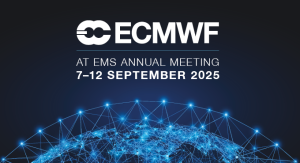
Fredrik Wetterhall (ECMWF) addressed several issues regarding the integration of local data into assessments and how regions can best share knowledge and experience with each other.